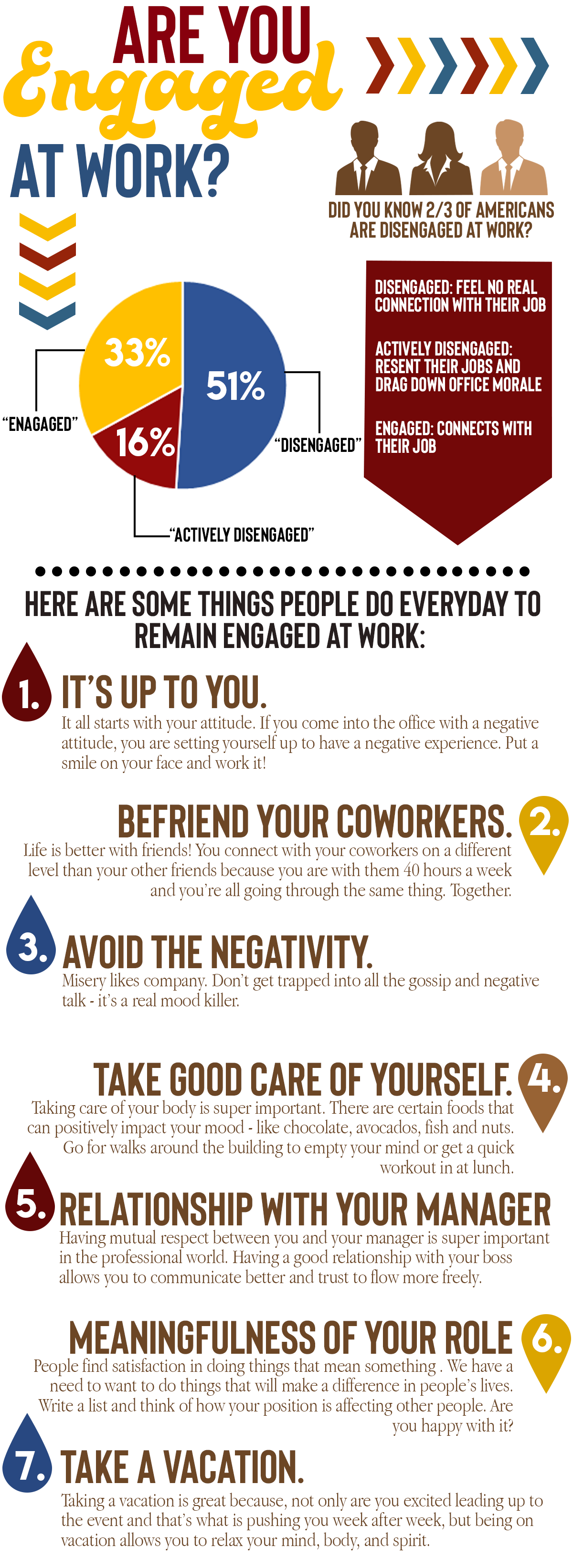Out of the many qualities that make a great healthcare candidate — quality education, relevant experience, and strong letters of recommendation — soft skills are perhaps the most overlooked. While these can’t be measured, graded, or certified like other skills, soft skills are essential indicators of how well a candidate will fit in your facility and excel in their position.
Whether you have some current open positions to fill or are looking for ways to improve the operations of your facility in the future, these are the soft skills to look for in potential employees.
What Are Soft Skills?
Hard skills are the trained techniques and knowledge that candidates accumulate over the course of their schooling, internships, and entry-level jobs. Soft skills, however, are the personal characteristics that candidates can also apply to their job, including professionalism, critical thinking, and creativity. While hard skills are specific to the individual duties of each professional, soft skills are useful to employees in any position, and they help to determine the way that an applicant will interact with members, patients, and associates of your facility.
Which Soft Skills to Look for in Applicants
You need to know that the next person you hire can perform, but you also need to know that they can successfully collaborate with your other employees, adapt to the ever-changing needs of your patients, and manage their time accordingly. Therefore, the top soft skills to look for when screening candidates include:
- Communication — Whether it’s with a patient, third-party provider, or member of the same department, your employees must always clearly and professionally communicate.
- Adaptability — Every patient, treatment plan, and medical claim are different from the last, which is why healthcare professionals must be able to adapt as needed.
- Patience — Hiccups and holdups happen all the time in healthcare, which is why your future employees must be patient enough to provide excellent service at all times.
- Time management — In the healthcare industry, workloads change on a daily basis. Therefore, it’s imperative that your staff can prioritize their daily and weekly tasks accordingly.
- Teamwork — Being able to effectively collaborate within and outside of their own department is critical to the success of any healthcare employee.
Where to Find the Right Candidates for the Job
If you want to find candidates with not only the right soft skills, but also the right experience, education, and technical expertise for the job, partner with HealthCare Support. Our team of healthcare recruiters will find top talent for your open positions based on a range of factors. We’ll also use personalized skills assessment testing, screen each candidate with a multi-level system, and measure their performance with quality assurance calls. When you’re ready track down the best talent, call us today at 407-478-0332.





